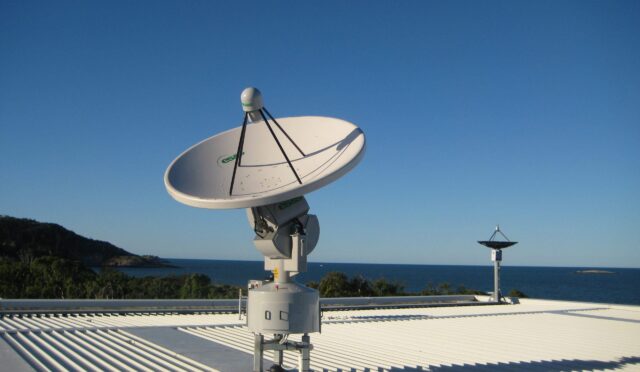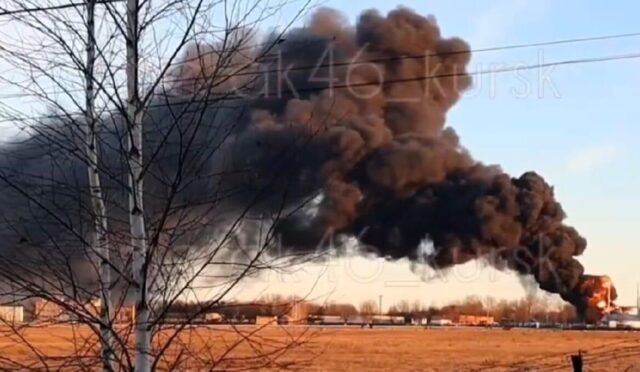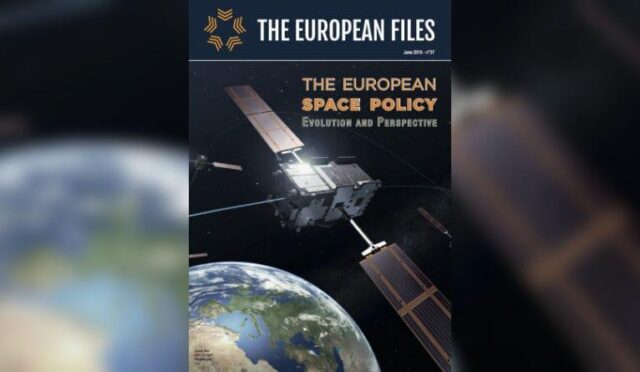Civil Conflict in the Democratic Republic of Congo Escalates
The ongoing civil conflict in the Democratic Republic of Congo (DR Congo) has resulted in approximately one million people being internally displaced in 2020 alone. The situation has worsened significantly following the recent advances of the Rwanda-backed M23 armed group, which has threatened to take control of another strategic town in eastern DR Congo as of Friday. The United Nations has issued stern warnings that the risk of violence spreading beyond DR Congo has reached unprecedented levels.
Last week, M23 troops, alongside Rwandan forces, successfully captured the city of Goma and are now pushing deeper into the South Kivu province. This military offensive has led to thousands of deaths and has displaced countless individuals as M23 takes over vast areas of this mineral-rich region, overpowering DRC troops and their allies. The conflict represents a continuation of decades of turmoil in eastern DR Congo.
International Responses and Humanitarian Concerns
In light of the escalating crisis, Rwandan President Paul Kagame and DRC President Felix Tshisekedi are set to attend a summit in Tanzania on Saturday, aimed at addressing the ongoing conflict. Meanwhile, the UN Human Rights Council met in Geneva to discuss the possibility of launching an international investigation into reported human rights abuses occurring during the conflict.
UN rights chief, Volker Turk, expressed grave concerns, stating, “The risk of violence escalating throughout the sub-region has never been higher.” He cautioned that if immediate action is not taken, the dire situation could worsen, affecting not only the people in eastern DRC but also neighboring countries. Since the M23’s incursion into Goma on January 26, nearly 3,000 fatalities and approximately 2,880 injuries have been reported, though actual figures may be significantly higher.
Impact on Local Security Forces and Humanitarian Efforts
Reports from humanitarian organizations on Friday indicated that three local staff members were tragically killed in the region this week, underscoring the perilous conditions on the ground. Local sources also revealed that Congolese forces are preparing for a potential assault on the town of Kavumu, which hosts a crucial airport for supplying DRC troops.
To avoid capture by the advancing M23 and their Rwandan allies, military equipment and troops are reportedly being evacuated. Kavumu is seen as the last defensive position before the provincial capital of South Kivu, Bukavu, which lies around 30 kilometers away.
M23’s Growing Influence in Goma
In Goma, the M23 has already established its political presence by appointing its own mayor and local authorities. Recently, the group organized a public meeting for the River Congo Alliance, a political-military coalition that includes M23, which drew tens of thousands of attendees. During the gathering, Corneille Nangaa, the head of the alliance, declared their intention to “liberate all of the Congo,” a statement that resonated with many young attendees chanting, “Go to Kinshasa!”—a reference to the DRC’s capital.
On Wednesday, the DRC government issued an international arrest warrant for Nangaa. The resurgence of M23 since late 2021 has led to repeated retreats by the DRC army, renowned for its inadequate training and corruption. This rapid military advance has ignited fears of a wider regional conflict, with several countries, including South Africa, Malawi, and Burundi, providing military support to the DRC.
Stalled Peace Initiatives and Regional Diplomacy
Previous peace negotiations facilitated by Angola and Kenya have failed to produce lasting solutions to the conflict. The latest diplomatic efforts in Tanzania are set to convene the eight-member East African Community and the sixteen-member Southern African Development Community, with initial ministerial discussions occurring on Friday, ahead of a gathering of regional leaders, including Kagame and Tshisekedi, on Saturday.
A UN expert report released last year substantiated claims that Rwanda exercises “de facto” control over the M23, with approximately 4,000 of its troops reportedly deployed in the conflict zone. The report also accused Rwanda of benefiting from illegal mineral smuggling operations, particularly coltan and gold. In response, Rwanda has denied any direct involvement in the conflict and has accused the DRC of sheltering the FDLR, an armed group formed by Hutu extremists responsible for the 1994 Rwandan genocide.






